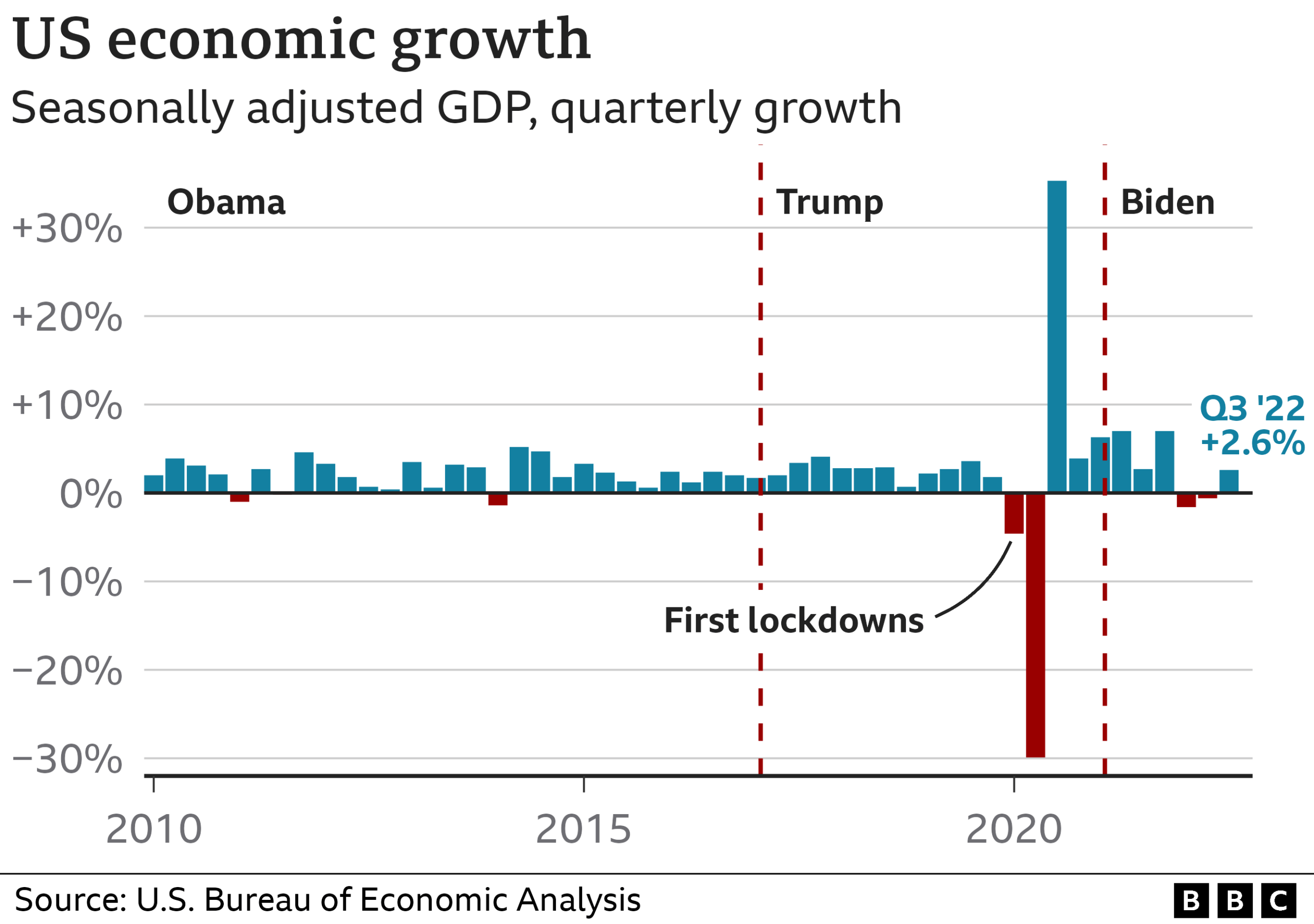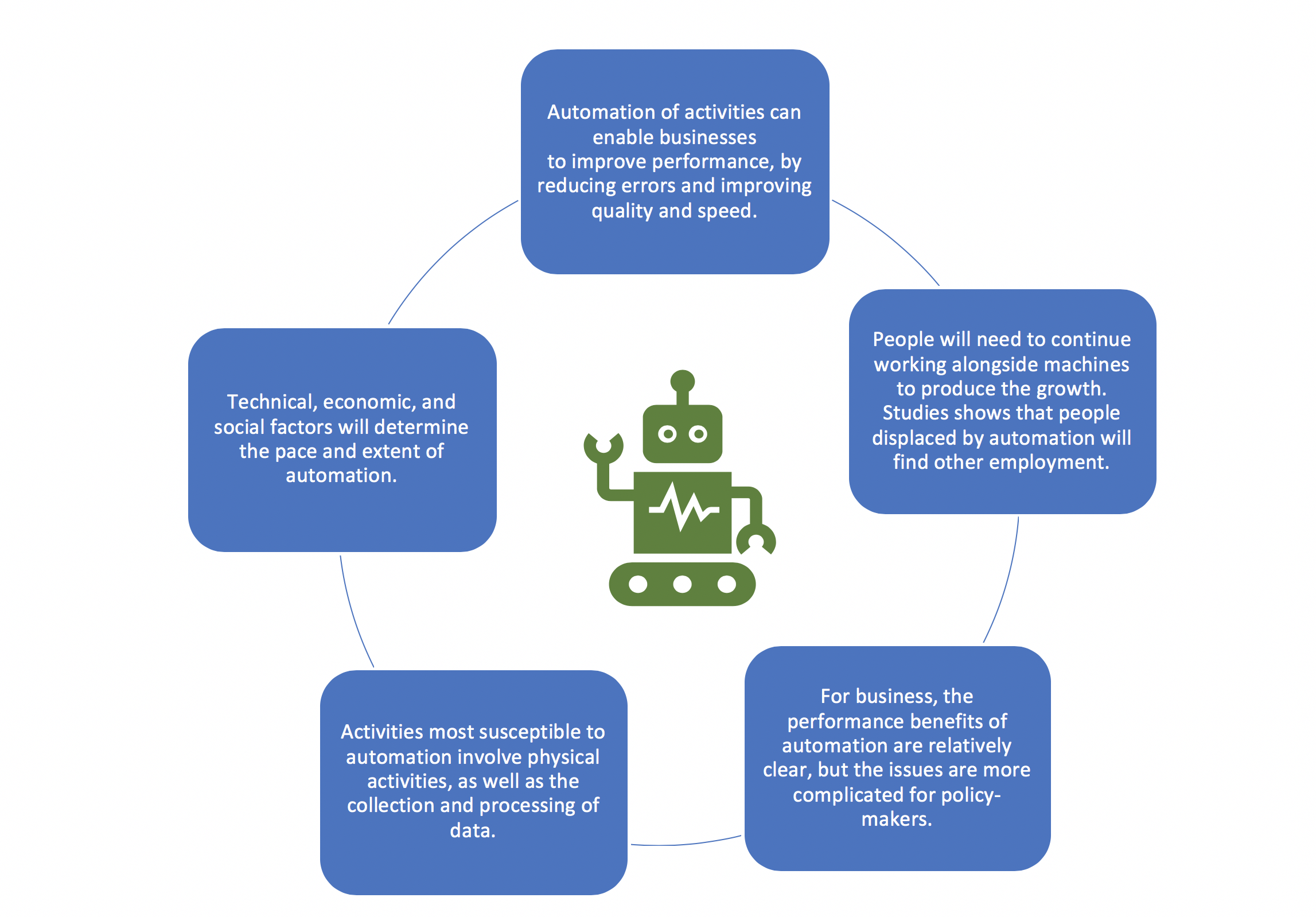
Gina Raimondo stands out as a prominent figure in U.S. politics, known for her innovative approaches to economic reforms and infrastructure investment. As the former governor of Rhode Island and U.S. Commerce Secretary, her contributions have significantly impacted the American landscape, particularly through her work on minimum wage policy and the Infrastructure Investment and Jobs Act. With an impressive background that includes tax cuts and tuition-free community college initiatives, Raimondo’s biography illustrates her commitment to transforming local economies while advocating for fair opportunities for working-class families. Her experiences, spanning from her heritage to her extensive political career, highlight a unique vision for America’s future. This strategic blend of progressive policy and economic pragmatism has made Gina Raimondo a key influencer in shaping the post-pandemic recovery narrative.
Introducing Gina Raimondo reveals the driving force behind significant advancements in the economic landscape of America. Her career mirrors the evolving nature of governance, where a focus on reform and innovation takes precedence in discussions about the economy. The strides she has made in advancing infrastructure projects and raising the minimum wage resonate with broader themes of social equity and economic justice. Engaging with issues typically viewed through a political lens, such as infrastructure investment and workforce development, underscores her multidimensional approach to policy making. As the landscape of U.S. governance shifts, leaders like Raimondo are at the forefront, championing reforms that directly address the needs of everyday Americans.
Gina Raimondo: A Trailblazer in U.S. Politics
Gina Raimondo has made a significant mark in U.S. politics, particularly through her innovative approach to economic reforms and social policies. As the former governor of Rhode Island and current Secretary of Commerce, Raimondo has been a key player in advocating for the American worker and promoting policies that aim to enhance competitiveness in the global economy. Her background, deeply rooted in her Italian-American heritage, has shaped her understanding of hard work and the importance of fighting for the ‘little guy.’ This connection drives her efforts to ensure that governmental policies prioritize fairness and opportunity for all Americans.
In recent discussions, Raimondo has emphasized the need for change in U.S. politics, suggesting that ‘breaking things’ is sometimes necessary to create positive outcomes. Her tenure in office has been marked by ambitious reforms, including raising the state minimum wage, cutting taxes, and making community college tuition-free in Rhode Island. These initiatives not only reflect her commitment to enhancing economic equity but also resonate with a growing call for more inclusive policies in federal governance. Raimondo’s progressive stance has positioned her as a leader capable of orchestrating meaningful change in challenging political landscapes.
Infrastructure Investment: A Commitment to Growth
Under Gina Raimondo’s leadership, significant strides have been made in infrastructure investment, particularly as part of the Biden administration’s Infrastructure Investment and Jobs Act. This initiative seeks to revitalize America’s aging infrastructure while simultaneously creating millions of jobs. By focusing on vital areas such as transportation, broadband expansion, and green energy, Raimondo has highlighted the critical intersection of infrastructure and economic growth in her policymaking. The emphasis on modernizing infrastructure supports not only immediate job creation but also long-term economic sustainability.
Raimondo recognizes that effective infrastructure investment requires collaboration between various sectors and levels of government. This holistic approach ensures that investments translate into tangible benefits for citizens and businesses alike. By forging partnerships and encouraging private-sector investments alongside public funds, she has maintained fiscal responsibility while enhancing infrastructure capability. The CHIPs and Science Act, which she also championed, further demonstrates her commitment to reinforcing domestic production and national security through strategic infrastructure development.
Minimum Wage Policy: Raising the Standard for Workers
One of Gina Raimondo’s notable achievements during her tenure as governor was the successful push for raising the minimum wage in Rhode Island. This landmark policy decision not only provided immediate financial relief to many workers but also set a precedent for other states to follow suit. The initiative aimed to ensure that hard-working individuals could earn a livable wage, reflecting a broader trend in U.S. politics towards economic equity. Raimondo’s advocacy for a higher minimum wage aligns with her lifelong commitment to improving the financial stability of working families.
The discussions around minimum wage policy often highlight its critical role in economic recovery and growth. Raimondo asserts that increasing wages is essential not just for individual workers but for the economy as a whole. By putting more money into the hands of consumers, spending is likely to increase, which in turn can stimulate business growth and job creation. Her policies encourage a rethinking of how minimum wage adjustments can play a crucial part in broader economic reforms, emphasizing that policies designed to uplift workers ultimately benefit society as a whole.
Economic Reforms: A Holistic Approach to Governance
Gina Raimondo’s approach to economic reforms reflects a comprehensive strategy that combines social responsibility with economic growth. By advocating for policies that integrate labor market needs with social programs, such as childcare, she highlights the interconnectedness of various societal challenges. Her experience during the COVID-19 pandemic underscored the necessity for smart policy-making that not only addresses economic issues but also ensures social stability. She believes that effective governance must adapt to both economic realities and the lived experiences of American families.
The lessons learned from Raimondo’s initiatives reveal that successful economic reforms go beyond mere metrics; they require a deep understanding of people’s needs. This perspective drives her to merge what traditionally have been seen as separate realms—economic development and social welfare—into a cohesive framework. By doing so, she sets an example of how forward-thinking policies can create a stronger workforce and a more resilient economy, demonstrating that these initiatives are not just altruistic but essential for sustainable growth.
Supply Chain Management: Overcoming Challenges
During her time as U.S. Commerce Secretary, Gina Raimondo played a pivotal role in addressing the complexities of the U.S. supply chain, particularly in the wake of disruptions caused by the COVID-19 pandemic. She spearheaded efforts to analyze and fortify supply chains for essential goods, such as pharmaceuticals, ensuring that the nation would not face shortages of critical supplies in times of crisis. This proactive measure not only demonstrated her leadership capabilities but also her understanding of how interconnected global trade and national security are.
Raimondo’s strategic focus on supply chain management has highlighted the importance of domestic production in maintaining economic stability. By fostering partnerships with countries in Southeast Asia and beyond, she reinforced America’s position in global markets and aimed to secure a more reliable flow of goods. This approach aligns with her broader vision of enhancing U.S. competitiveness and reducing reliance on foreign production, particularly for critical technologies such as semiconductors, which are crucial for national security and innovation.
Addressing Economic Inequalities in U.S. Politics
Gina Raimondo has continuously advocated for policies that address economic inequalities in the United States. Understanding the pressures faced by the working class, her focus has been on implementing reforms that not only elevate wages but also enhance opportunities for upward mobility. In forums and discussions, she often speaks about her commitment to represent those who feel left behind in the current economic landscape. This narrative resonates with her own background as the granddaughter of immigrants who valued hard work and determination.
As a key figure in the Biden administration, Raimondo’s economic policies seek to level the playing field, ensuring that all Americans have access to the resources needed to succeed. From education reforms to workforce development, her efforts are directed towards creating a more inclusive economy. She believes that equitable growth is essential for the health of democracy, emphasizing that political and economic success must be accessible for everyone, regardless of their situation. By tackling these issues, Gina Raimondo illustrates a path toward a fairer economic system.
The Role of Women in U.S. Politics: Gina Raimondo’s Perspective
Gina Raimondo exemplifies the increasing influence of women in U.S. politics, advocating for greater representation and support for women’s issues within government frameworks. She has been vocal about the necessity for female leadership in economic decision-making, emphasizing that women’s perspectives are invaluable in shaping policies that impact families and communities. By sharing her own experiences, she serves as a role model for aspiring female politicians, demonstrating that barriers can be overcome through perseverance and dedication.
Moreover, Raimondo highlights the critical role that childcare and family support systems play in economic discussions, advocating for policies that enable women to participate fully in the workforce. Her initiatives seeking to merge childcare supports with economic programs reflect a deeper understanding of the challenges faced by working women. By advocating for policies that facilitate work-life balance, she reinforces the importance of women’s contributions to the economy and society at large, positioning them as essential players in the political arena.
The Future of U.S. Competitiveness: Lessons from Gina Raimondo
As discussions surrounding the future of U.S. competitiveness evolve, Gina Raimondo’s insights and experiences provide a roadmap for effective policymaking. Her unique blend of fiscal responsibility and social awareness showcases a balanced approach to governance that is essential in today’s complex political environment. With her emphasis on infrastructure, economic reforms, and workforce development, she addresses the critical challenges facing the nation while showcasing the potential for a brighter economic future.
Raimondo’s role in shaping policies within the Biden administration is a testament to her belief in collaboration and comprehensive strategies. By advocating for investments that foster both economic growth and social equity, she demonstrates that U.S. competitiveness is best achieved when all citizens have the opportunity to thrive. Her vision for a united and prosperous future can guide policymakers seeking to navigate the complexities of modern governance while ensuring that the American Dream remains achievable for all.
Frequently Asked Questions
What is Gina Raimondo’s contribution to U.S. politics as Commerce Secretary?
Gina Raimondo, as the U.S. Commerce Secretary, played a pivotal role in shaping policies related to the Infrastructure Investment and Jobs Act. Her leadership focused on enhancing supply chains, particularly during challenges posed by COVID-19, and strengthening international relationships to support economic growth.
How has Gina Raimondo influenced minimum wage policy in the U.S.?
During her tenure as Rhode Island governor, Gina Raimondo championed minimum wage policy by raising the state’s minimum wage. Her commitment to ensuring fair wages for workers reflected her broader agenda of promoting economic reforms and opportunities for ordinary Americans.
What economic reforms did Gina Raimondo implement while serving as governor of Rhode Island?
As governor, Gina Raimondo implemented several economic reforms including reducing state regulations by 30%, cutting taxes annually, and making community college tuition-free. These initiatives were aimed at fostering economic growth and improving living standards in Rhode Island.
Can you provide an overview of Gina Raimondo’s biography and career highlights?
Gina Raimondo is a prominent U.S. politician and the current U.S. Secretary of Commerce. Born into an immigrant family in Rhode Island, she became the state’s first female governor and spearheaded significant changes in economic policy, especially focusing on infrastructure investment, minimum wage increases, and educational reforms.
What are Gina Raimondo’s views on infrastructure investment and job creation?
Gina Raimondo advocates for significant infrastructure investment as essential for job creation and economic stability. She believes that strategic investments lead to public-private partnerships that can yield substantial economic benefits, demonstrated during her time implementing the Biden administration’s Infrastructure Investment and Jobs Act.
How has Gina Raimondo addressed the challenges posed by COVID-19 during her time as Commerce Secretary?
Gina Raimondo faced the challenges of COVID-19 by focusing on supply chain complexities and enhancing partnerships with international allies to stabilize essential goods supply. Her administration’s response included initiatives like the CHIPs and Science Act to bolster domestic production of critical technology components.
What strategies did Gina Raimondo suggest for maintaining economic competitiveness in the U.S.?
Gina Raimondo emphasizes the importance of collaboration over isolation in maintaining U.S. economic competitiveness. She advocates for strengthening international ties and ensuring that investments in technology and infrastructure enhance the nation’s capacity to compete globally.
What lessons does Gina Raimondo highlight from her experience in U.S. politics?
Gina Raimondo emphasizes the importance of adaptability and compromise in politics, citing her experiences in balancing policy decisions within a divided Congress. She acknowledges that while not all initiatives may be perfect, achieving progress requires negotiation and collaboration.
| Key Point | Details |
|---|---|
| Change is Necessary | Gina Raimondo emphasizes that making positive changes may require breaking things, which may be painful but necessary for progress. |
| Experience in Governance | As Rhode Island governor, she reduced taxes, raised the state minimum wage, made community college tuition free, and cut regulations. |
| Impact on Supply Chains | Raimondo managed the complexity of supply chains disrupted by COVID-19 and strengthened international relationships under President Biden. |
| National Security and Economic Policy | She highlighted the importance of domestic semiconductor production and the impact of advanced chips on national security. |
| Fiscal Responsibility | Raimondo insisted on private-sector investments that significantly surpassed public funding in economic initiatives. |
| Critique and Challenges | Acknowledged mistakes made during her tenure, such as compromises in policy-making and defended the stimulus act’s necessity. |
| Integrating Social and Economic Policies | Argued that social programs should integrate with economic initiatives to ensure workforce participation, especially from women. |
Summary
Gina Raimondo’s perspectives on work and economy emphasize the necessity of change for progress, illustrating her commitment to improving conditions for ordinary Americans. By fostering a thoughtful blend of economic growth and social responsibility, she encapsulates a vision that champions fairness and innovation. Her experiences highlight the delicate balance between ambitious policy-making and the practical challenges of governance. As the conversation about U.S. competitiveness evolves, her insights remain essential for understanding the future landscape of American economics.





